From 730,000 units in 2021 to 1.86 million in 2022, 3.02 million in 2023, and projected to reach 4.27 million in 2024, BYD has drawn an unprecedented and striking sales growth curve in China's automotive market amid the intensifying electrification transition. As of today, halfway through 2025, the focus of this article has sold over 2.14 million new vehicles, continuing its strong performance. As an observer, if I were to vote for the most surprising segment, I would undoubtedly cast my ballot for the overseas expansion. From January to June, BYD's new energy passenger vehicles and pickups have accumulated sales of over 470,000 units, achieving a historic high with a year-on-year increase of 132%. To put this in perspective, the total output for that segment last year was just under 440,000 units. At this rate, achieving the set goal of 800,000 units this year seems almost certain, and crossing the million mark is also very hopeful, with even higher ambitions possible.
Furthermore, Chery, which has long maintained its position as the leading domestic brand in exports, reported 550,000 units from January to June. Undoubtedly, BYD is closing in at a rapid pace. Noteworthy developments in the overseas segment this year include the continuous addition of dedicated roll-on/roll-off ships. In fact, as early as 2022, BYD announced a 5 billion yuan investment to order eight specialized roll-on/roll-off ships, each capable of carrying over 7,000 vehicles. The plan is to establish a fleet of eight roll-on/roll-off ships by 2026 to achieve an annual capacity of over 1 million vehicles. To date, six have been put into operation, the seventh ship, named 'Zhengzhou', has just completed its trial voyage, and the eighth ship, 'Jinan', is about to be launched.
This vigorous progress reflects BYD's tremendous determination and ambition. The often-repeated phrase "going out" is not just a simple slogan. BYD understands what it means to be the "global leader in new energy vehicles". Of course, the next step after "going out" is "going in", which is another highlight of BYD's overseas endeavors in the first half of the year that I want to emphasize. What does "going in" mean? To quote Li Yunfei, General Manager of BYD Group's Brand and Public Relations Department, from a recent interview: "The localization strategy for our overseas business is a key component of our global layout. Our self-built factories are not only manufacturing bases but also stations for technology standard exports. They bring value, jobs, and tax revenue to the local area, and stimulate the local automotive industry."
On July 1, BYD officially held the ceremony for the first car coming off the production line at its passenger car factory in Camaçari, Bahia, Brazil. This marks a new stage in BYD's globalization strategy, further emphasizing its commitment to 'going in'. This factory not only carries an important mission for BYD's global layout but also serves as a strategic pivot for leveraging the entire Latin American new energy market. The Governor of Bahia, Jerônimo, praised at the event: "The establishment of the BYD factory in Bahia is not only a symbol of industrial development but also a new chapter in Brazil-China cooperation. We are ready to welcome a greener and more innovative Brazil. This factory will promote local economic development, create jobs, and be a model for technological transformation."
The BYD passenger car factory is located in the metropolitan area of Salvador, an important industrial and economic center in Bahia, equipped with a complete automotive industry chain and mature port logistics infrastructure. The challenge of exporting Chinese automobiles is matched only by BYD's courage. In July 2023, BYD announced the construction of a large production base complex consisting of three factories, with a total investment of 5.5 billion reais (approximately 7.1 billion yuan). The new energy vehicle production line at this base will manufacture pure electric and plug-in hybrid models, with a planned capacity of 150,000 units, expected to create 20,000 local jobs. At the same time, BYD will collaborate with several local supply chain partners to build a localized industrial cooperation model, promoting the sustainable development of the new energy industry chain.
Since BYD's new energy passenger vehicles entered the Brazilian market in 2021, its products have already garnered favor from over 130,000 Brazilian families. In the first quarter of this year, BYD's sales in Brazil exceeded 20,000 units, making it the leading brand in the local new energy vehicle market. In May, BYD rose to fourth place in the Brazilian automotive retail sales ranking, with a market share of 9.7%. The prices of the same models in Brazil can reach 2-3 times that of the Chinese market. Behind the impressive sales performance is BYD's strategic commitment and long-term vision in the Brazilian market. Facing a complex policy landscape and market competition, BYD responds to protective barriers through localized production and operations. In this process, it has undoubtedly broken down various prejudices and overcome numerous challenges. The sweat and cost of this effort are known only to BYD. Fortunately, the final outcomes are gratifying. The fundamental significance of the first car rolling off the line at the Brazilian passenger car factory, in my view, lies in BYD rewriting the competitive landscape of the automotive market in Latin America with "Chinese intelligence", becoming a model for the export of Chinese new energy vehicles from product output to ecological co-construction. It also directly proves that Chinese automobile manufacturing has completely shed the stereotype of competing on price; instead, it is gradually taking root, blossoming, and bearing fruit globally through technological innovation and deepening localization.
Just this week, BYD welcomed another significant milestone regarding its overseas strategy of "going out, going in". At its factory in Rayong, Thailand, BYD held a ceremony for the delivery of its 90,000th new energy vehicle and the first anniversary of the factory's production. At the event, BYD delivered the 90,000th new energy vehicle to customers—the Tang D9—while simultaneously rolling out the first locally manufactured vehicle, the Destroyer 05. This milestone not only confirms the high recognition of Thai consumers for BYD's diversified product range but also showcases the important achievements of Sino-Thai cooperation in upgrading green transportation. Moving forward, there is no doubt that BYD will continue to implement a development strategy that combines internationalization and localization, allowing Chinese brands to benefit global users and contribute to the green transformation of the automotive industry. In summary, deepening and exploring is just the beginning...
BYD's Expanding Global Presence: A Focus on Localization and Growth
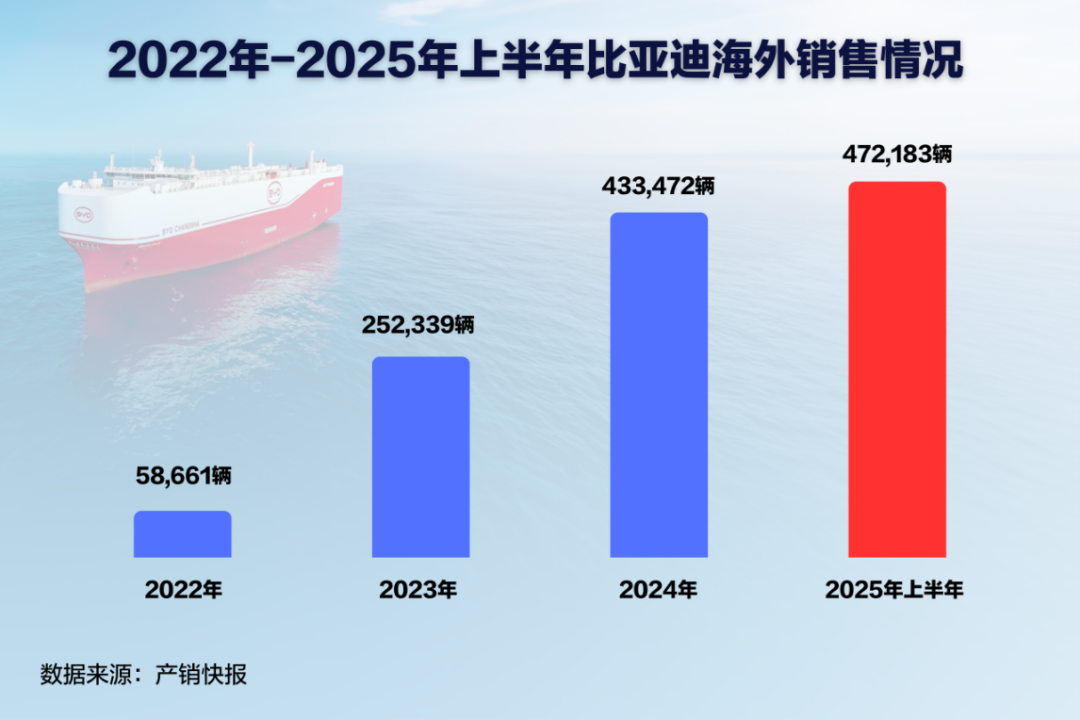
Images
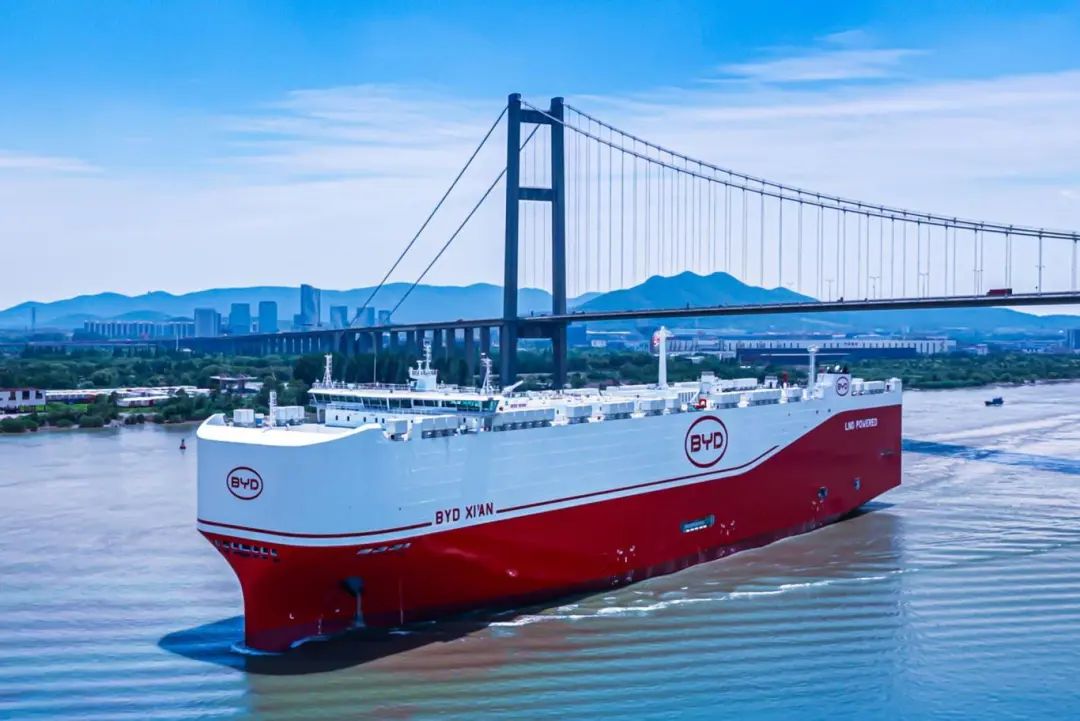
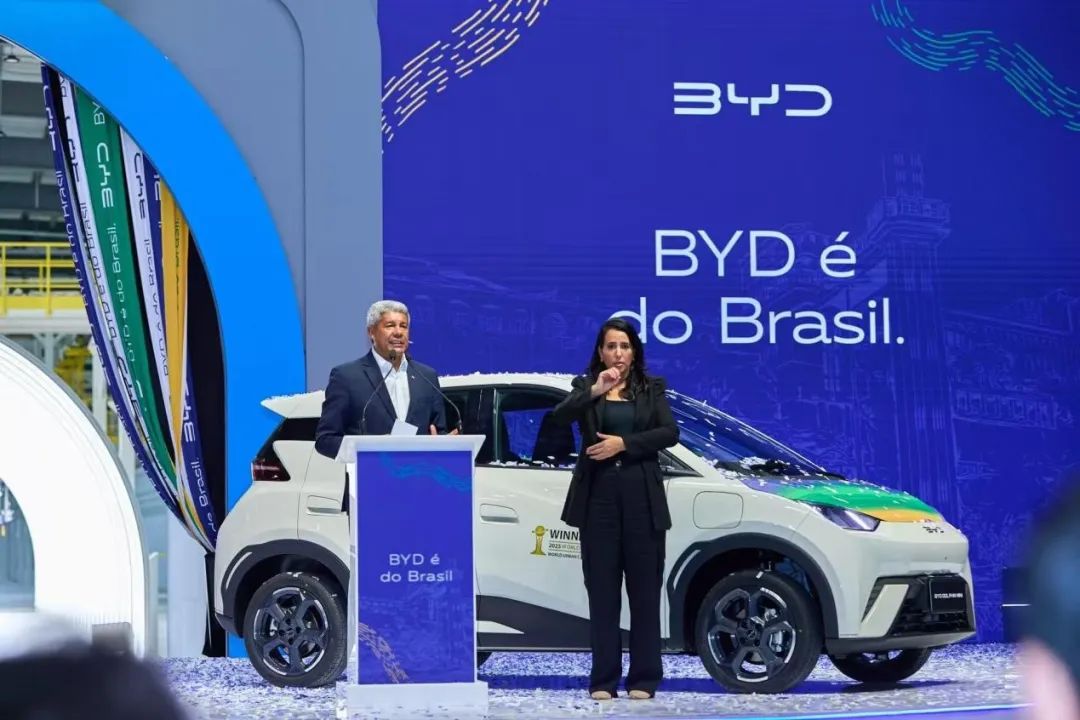
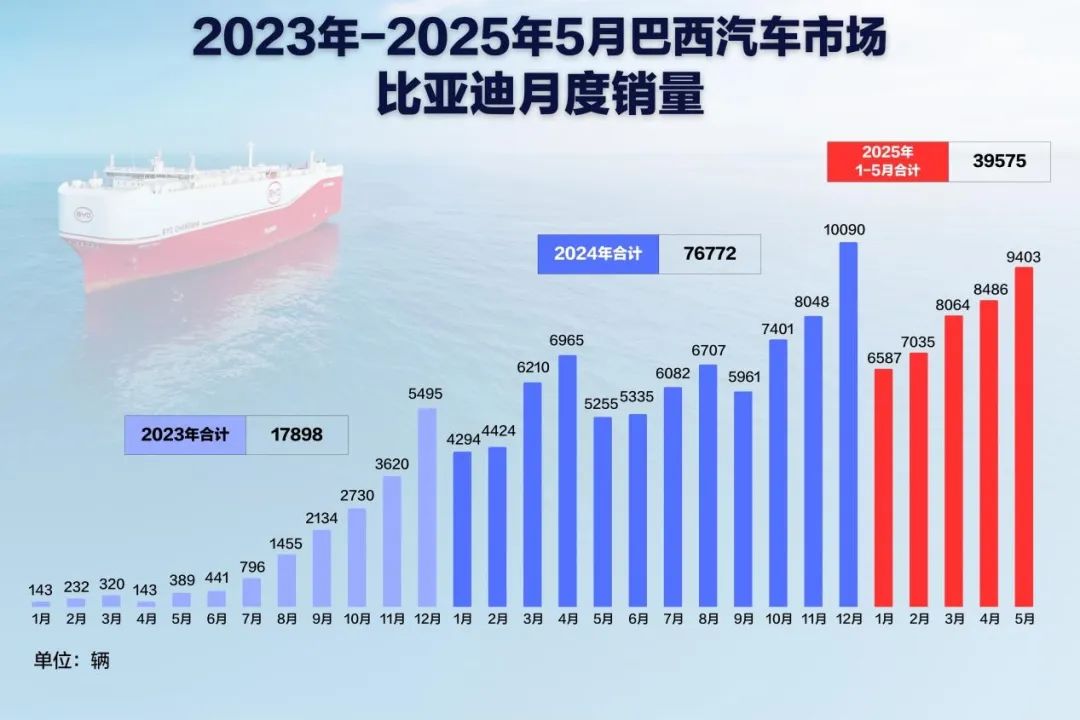
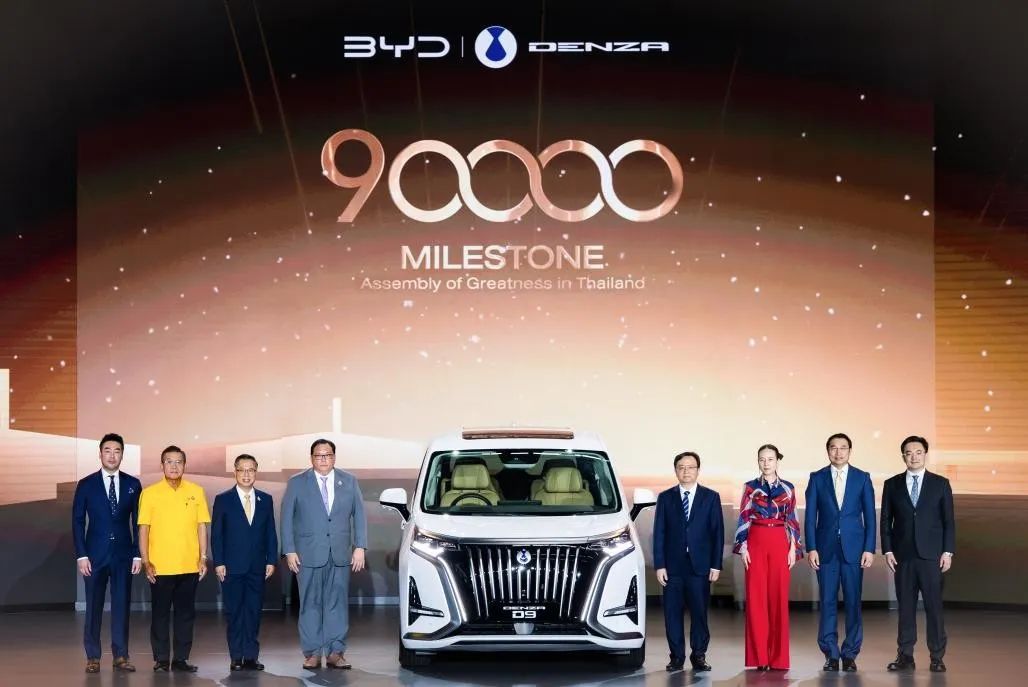
Share this post on: